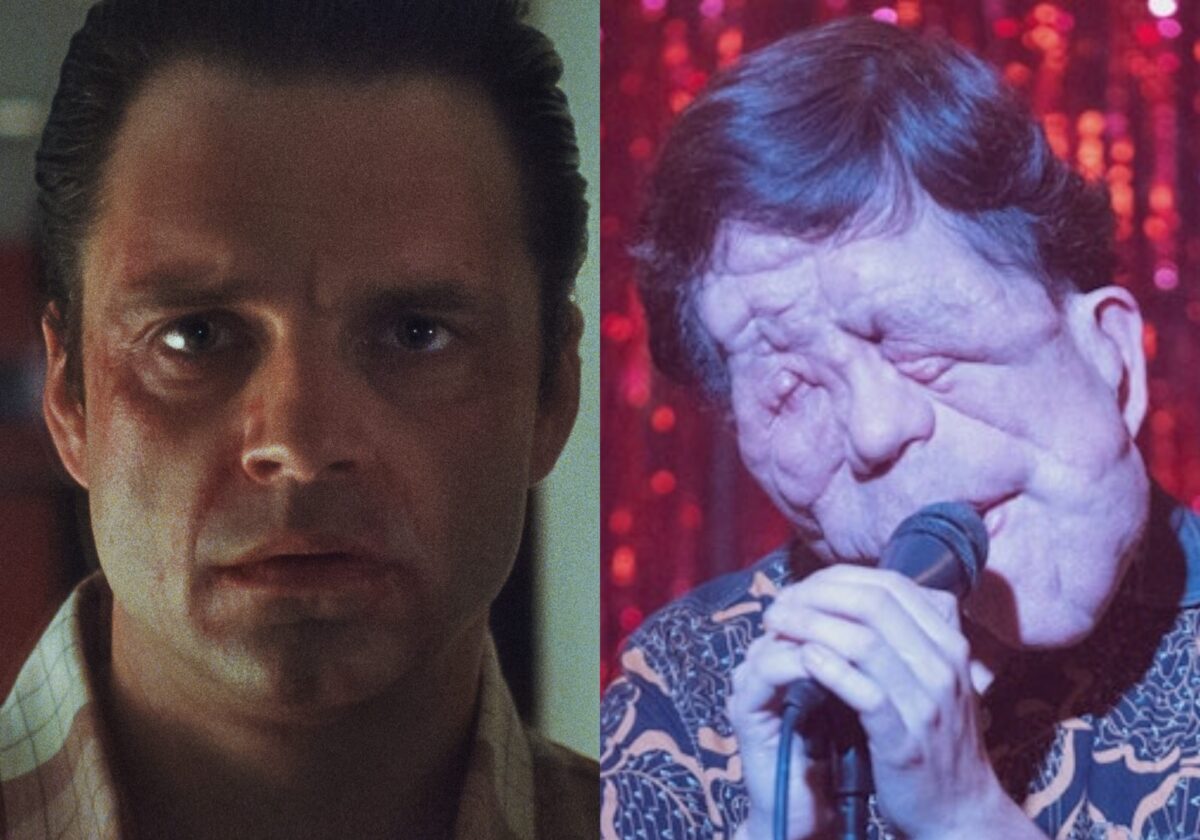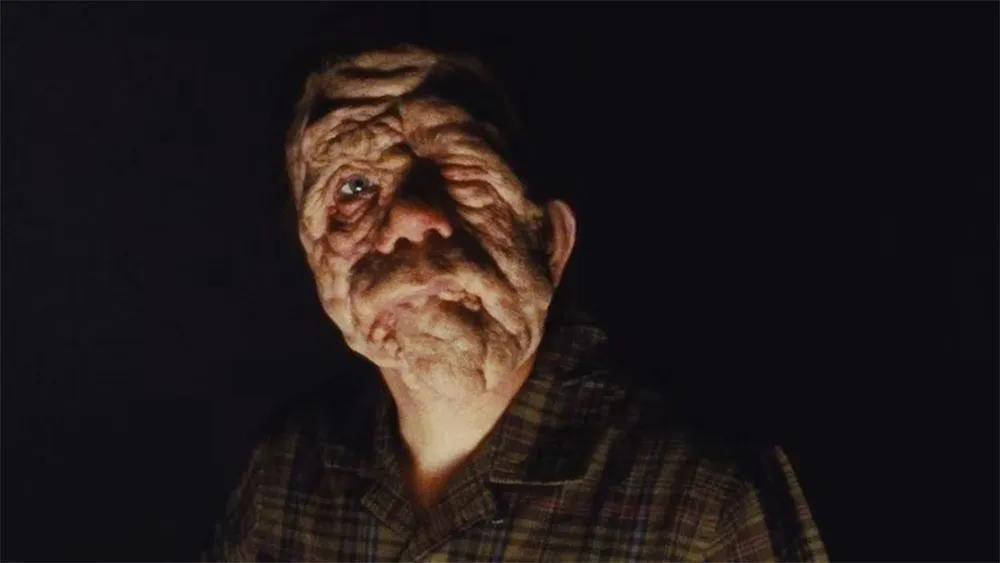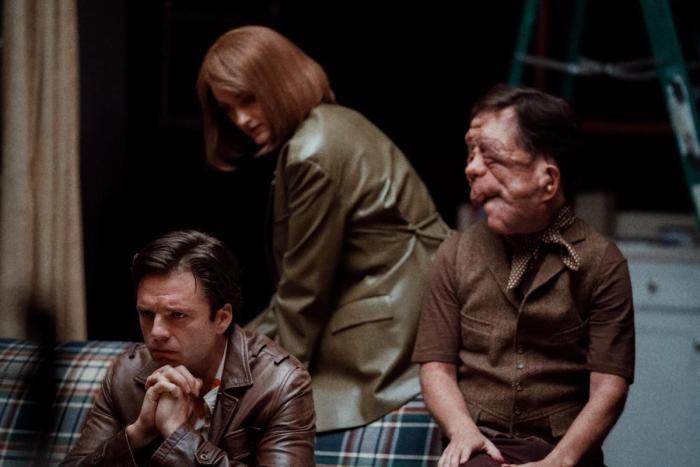
In A Different Man, a dark, thought-provoking comedy-drama, director Aaron Schimberg dives deep into the themes of identity, disability, and how people see themselves versus how they’re seen by others.
The film follows Edward (Sebastian Stan), an aspiring actor with facial deformities, who feels trapped and overlooked in a world that judges him by his appearance. To change his fate, he undergoes a radical procedure to transform his appearance. But what starts as a dream quickly spirals into a nightmare, as Edward realizes his new look might not bring him the acceptance he was hoping for.

Courtesy of A24
When Edward’s procedure is a sucess and he finds himself with the appearance he has always wanted, able to walk down the street without anyone staring his way, he decides to cut ties with his old life completely, by changing his identity.
Edward’s transformation is about more than just changing his appearance; it’s his attempt to leave behind the life of rejection and invisibility he’s endured. But after his new face is revealed, he’s hit with an identity crisis. The man he once was—the person he’d learned to live with and even, at times, accept—feels lost. His story asks a tough question: does changing how you look really change who you are? Or does it just bury a part of yourself that can’t stay hidden?
The film taps into something many people experience—feeling like we’d be happier or more successful if we could just change how we look. But through Edward’s story, it suggests that real acceptance might come from within, not from a new face or a new identity.
Edward’s story takes an interesting turn when he finds out a friend, Ingrid (Renate Reinsve), from his apartment building, has written a play about him, or at least who he used to be. Edward believes he’s the perfect fit for the role—after all, it’s literally based on him. But Ingrid has other ideas; she wants to cast an actor with facial differences to bring a sense of “authenticity” to the role. This conflict opens up a big debate: who should get to tell these kinds of stories? Should a person with real experience always be cast in these roles?
The movie uses this moment to explore the ethics of representation. Can an actor truly bring authenticity to a role that represents a marginalized experience they haven’t lived? Or is there room for interpretation? It’s a question without easy answers, and the film invites us to think about what “authentic” representation really means.

Courtesy of A24
Then there’s Oswald (Adam Pearson), a charming character who stands as a stark contrast to Edward. Played by Adam Pearson, an actor with neurofibromatosis, Oswald has learned to live comfortably in his own skin. He’s confident and happy, showing a level of acceptance that Edward’s character never reached. Casting Pearson adds a layer of depth, and through Oswald, the film sends a message about the power of self-acceptance. Unlike Edward, who seeks happiness by changing himself, Oswald reminds us that inner peace often comes from embracing who we are, flaws and all. His character continues to break every stereotype there is, simply living his life unapologetically himself.
At its core, A Different Man challenges viewers to think about society’s obsession with appearance and how we often tie self-worth to looks. It questions how we see ourselves and asks if transformation, especially physical, can truly make us happier. In Edward’s case, he learns the hard way that changing the outside doesn’t always fix what’s on the inside.
The film pushes us to think more deeply about how we tell stories about people with disabilities by casting Adam Pearson and exploring Edward’s struggle with his own self-image. It’s a bold, thought provoking story that leaves you questioning how you view others—and maybe even yourself.
Starring Sebastian Stan as Edward, Renate Reinsve as Ingrid, and Adam Pearson as Oswald, A Different Man is now playing on VOD.
Fangirl and Writer with a huge passion for entertainment.














